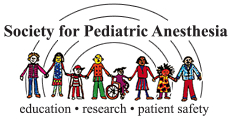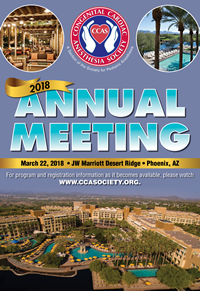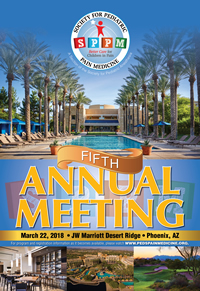OT-121
A Novel Mentorship Resident Curriculum Results in Improved Medical Student Professional Confidence
1Caruso T, 2Prionas N, 2Dohn A, 2Piro N, 2von Eyben R, 2Katznelson L
1Lucile Packard Children's Hospital Stanford, Palo Alto, CA, USA; 2Stanford University School of Medicine, Stanford, CA, USA
Introduction
The primary aim of this study was to evaluate a novel mentorship curriculum for residents. There were 2 secondary aims: 1) To determine whether tele-mentorship via video-conference increased access to mentorship encounters and decreased perceived barriers to access and 2) To identify factors that determine likelihood to maintain mentor relationships.
Methods
A year-long, randomized, prospective cohort study was conducted with 46 pairs of resident mentors from 7 different training programs and medical student mentees, randomized to tele-mentorship or in-person mentorship. The majority of the participants were comprised of residents from the anesthesiology (24.4%) and pediatrics (33.3%) programs. The resident curriculum included online learning, in-person interactive seminar, online just-in-time modules, and experiential learning (quarterly meetings with mentee). Curriculum efficacy was assessed by resident-reported confidence in mentoring, medical student-reported satisfaction with mentoring, and mentee confidence in core areas of mentorship. The number of quarterly mentorship encounters was monitored and demographic predictors of meeting were determined
Results
The proportion of residents very/extremely confident in mentorship skills increased from 37.5% (baseline) to 56.3% (midpoint, p=0.0589); mentee satisfaction increased from 42.5% to 65.4% (p<0.05). Medical students improved confidence in clinical knowledge (p<0.01), career planning (p<0.001), networking/exposure (p=0.01), sponsorship (p<0.001), and wellness/coping (p=0.02). Operating room-based practice (p<0.05) and higher postgraduate level (p=0.02) decreased the likelihood of meeting. Telementorship did not change attitudes toward barriers to mentorship (time, distance) or likelihood of meeting.
Discussion
A novel, blended curriculum to teach mentorship skills to residents was successfully developed and implemented, resulting in benefits to both mentors and mentees. Resident physicians enhanced their mentoring skills as demonstrated by an approximately 20% improvement in the satisfaction of mentorship reported by their medical student mentees. Additionally, medical students benefited, reporting significant increases in core domains of mentorship. Residents of various departmental affiliations were included, demonstrating the potential for broad implementation of this curriculum across medical specialties and training years.
Conclusion
Mentorship is often arranged but rarely explicitly taught. We developed a mentorship curriculum for trainees, targeting them while they have an optimal learning oriented mindset. Blending of multiple communication modalities, including tele-mentorship, may be useful, particularly if inter-institutional mentorship is explored; however, it did not improve likelihood of mentorship encounters.
Top












